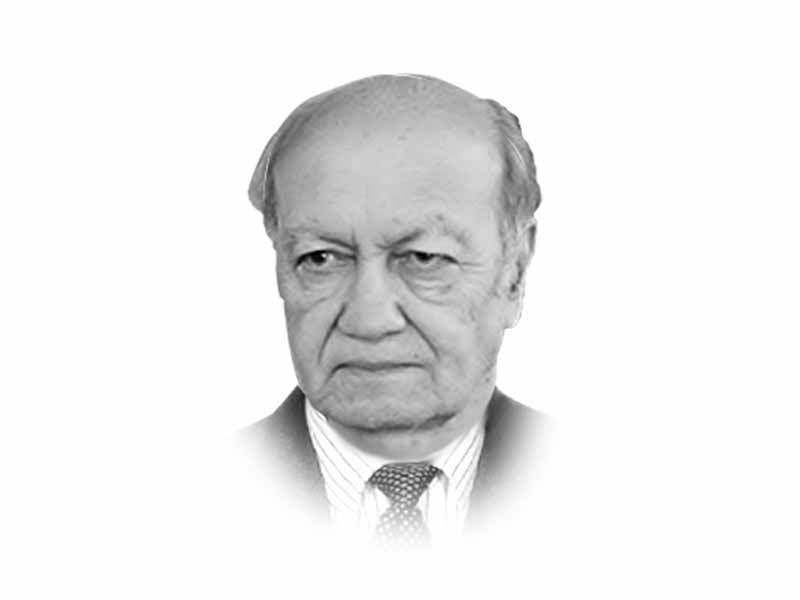
To make matters worse, Prime Minister Narendra Modi taking advantage of Pakistan’s civil-military divide adopts an aggressive posture towards us. His belligerence is directed against our military for he knows that they are the architects and implementers of Indian policy. Modi perhaps is of the view that if left to Nawaz Sharif’s government the relationship would have been more conciliatory. Our leadership should rise above the civil-military divide and formulate national policies towards India, the US and Afghanistan that genuinely serve national rather than narrow institutional interest. It has cost the nation heavily in the past and continues to do so with not much hope that these internal contradictions are likely to get resolved anytime soon.
As the situation stands they are getting more complex as election time is nearing with hardly any state institution or political party that one could look up to as a beacon of hope.
The irony of this state of affairs is that while Pakistan should be focusing seriously on economic development and political stability external pressures and internal contradictions have become a huge distraction.
India, on the contrary, has a more robust economy and a relatively matured political system that is far less affected than Pakistan. Yet a conflict-ridden relationship can spin out of control seriously affecting India’s ambitions as well.
The United States is interested in the reduction of tension between the two countries so that Pakistan could focus mainly on strengthening the Afghan border. So far it has failed to persuade India to engage in dialogue. Washington and other major world powers are deliberately overlooking the gross human rights violations in Kashmir and only parroting India’s accusations of cross-border movement of militants.
Moreover, the US has largely been ignoring the presence of TTP and other anti-Pakistan elements present near the Pakistan-Afghanistan border. Pakistan’s recent serious legal and administrative measures to conform to UN resolutions have yet to satisfy the US.
In fact, General Joseph Votel, Commander Central Command, recently stated before the Senate Armed Services Committee that he was concerned by the growing tension between India and Pakistan and lack of sufficient action by Pakistan against India-focused militants that could lead to conflict. And balanced his statement by stating that India’s policy of isolating Pakistan could lead to dangerous escalation.
Action by Pakistan against the militant groups should not be done merely as compliance with UN resolutions or to satisfy the US and Indian demands but in the larger interests of the country itself.
The recent developments in the missile field reflect how Pakistan, despite its limitations, is endeavoring to keep pace in the missile and nuclear field with India, is giving substance to its doctrine of full spectrum deterrence. Thereby ensuring that India does not carry out any misadventure on the conventional front.
India’s missile and nuclear upgradation is meant to achieve great power status and is a critical element in attaining a certain level of balance with its strategic rival China. It has been reported that India’s ballistic missile submarine, the Arihant, which is nuclear capable, is already operational. Furthermore, India is believed to have developed an intermediate-range ballistic missile with a range of 3,500km capable of covering most of China.
Pakistan too has been struggling to keep pace. Interestingly, it was reported by the ISPR that Pakistan early this year tested a medium-range ballistic missile equipped with multiple independently targetable re-entry vehicles. In terms of technology and effectiveness it was a quantum jump as the missile is supposed to evade radar, has a range of 2,000kms and survive in a hostile environment.
The successful launch of Babar-3, a sea-based cruise missile, early this year is another calculated response by Pakistan at effectively countering India’s nuclear deterrence. Submarine-based systems when fully operational would pose a serious problem of delegation of authority to launch nuclear-armed missiles. A similar challenge of delegation of authority would arise in the operationalisation of tactical nuclear weapons that Pakistan has recently developed.
What will be the consequences of this race on Pakistan’s economy and internal political dynamics and structure should be a matter of serious debate. Already the army leadership is demanding modifications in the constitutional structure to be able to get a bigger share of the budget. This has also given rise to several important questions. To what extent can a military build-up alone contribute towards a country’s intrinsic strength? How important it is for countries to be economically self-reliant and spread their scant resources on other vital areas like education, health and infrastructure development. Is the development of these areas not equally important for the progress of a dynamic citizenry and defence of the country?
Another pertinent question is which institution should be formulating foreign, defence and security policies. We have experienced over decades this lopsided decision-making power structure has miserably failed whenever we faced a major crisis, whether it was the 1965, 1971 wars or Kargil. On the diplomatic front too our options have been mostly reactive and on the defensive. But for Pakistan to change for the better its institutional leadership — whether they are politicians, military, judiciary or media — needs to think more broadly and deeply setting aside their petty goals.
Published in The Express Tribune, March 28th, 2018.
Like Opinion & Editorial on Facebook, follow @ETOpEd on Twitter to receive all updates on all our daily pieces.






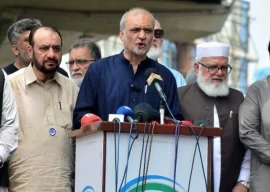
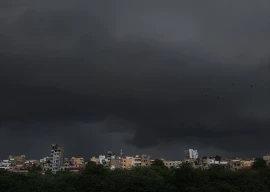
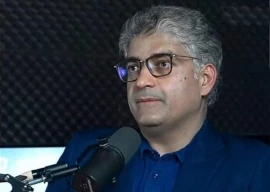
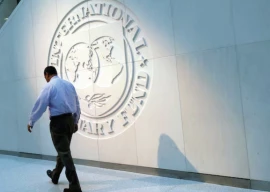



COMMENTS (1)
Comments are moderated and generally will be posted if they are on-topic and not abusive.
For more information, please see our Comments FAQ